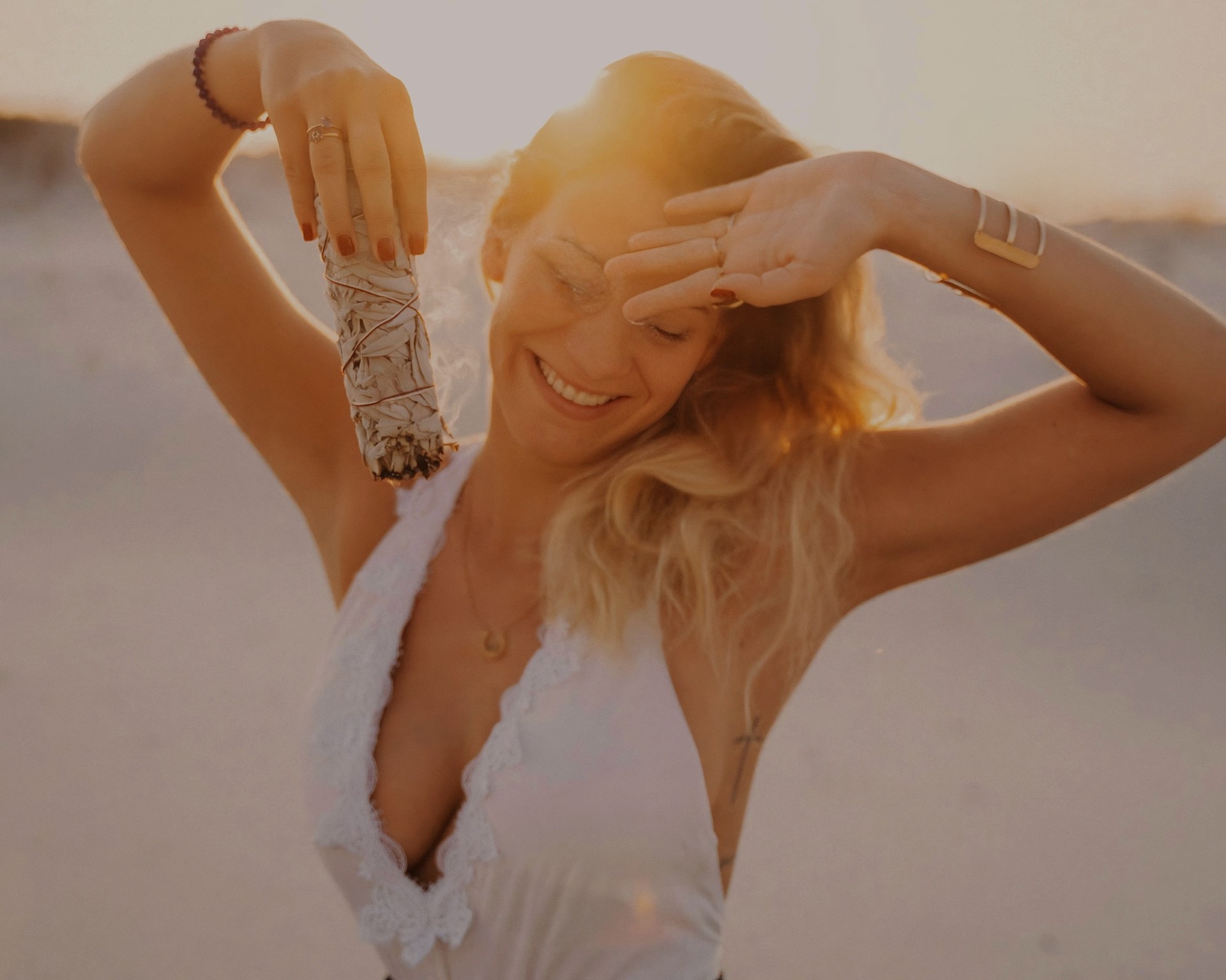Definition: ROI: Return on Investment: simply put, it is the value accrued by a person due to nurturing a relationship over time through connection, trust, loyalty, and sharing. ~excerpt by Ted Rubin
While we often wish to view healthy relationships as purely emotional and non-transactional, the truth is that they do involve an exchange. We offer our time, loyalty, love, affection, and trust to others, hoping to receive something equally meaningful in return. We make this investment into another person not only because we value them and the connection we share, but also because we appreciate what that connection brings to our lives.
You support someone you love, show them affection, and set aside time to spend with them, hoping they do the same in return for you. You do your best to protect their heart, care for their well-being, and prioritize their needs, because they also do that for you. Relationships are meant to be reciprocal and mutually supportive. If they weren’t, we would have no desire to enter into them.
Human beings have fundamental needs that are difficult to fulfill in isolation. These include belonging, love, acceptance, nurturing, safety, connection, intimacy, and affection, to name a few. From the moment we are born, we rely on others to help meet these needs, and we seek to form relationships because of it. [See Maslow’s Hierarchy of Needs to learn more.]
You might say that we humans are wired for connection. We are wired to work and thrive in community, in family systems and societal systems where we can interact, receive nurturing and support, and feel like we belong. We were not created to move through life alone; we were created to need one another.
In forming relationships, however, we come to realize that not all of them are made equally. At some point in our lives, we will encounter relationships where our needs aren’t met, where there is a lack of safety or affection, or where reciprocity is absent. We may find ourselves in situations where the balance of the relationship feels skewed, with one person giving while the other takes. Sometimes, one person may selfishly ignore the needs of the other to prioritize their own. And this doesn’t just happen in adulthood. These dynamics begin as early as childhood.
The quality of our relationships, in sum, comes down to this: how well does the relationship meet our needs and provide a return on our investment?
That will be our focus here.
Like you, I’ve had relationships with family members and friends alike where what I was investing in the relationship was not being returned equally. Family members who were overly dependent upon me but who didn’t offer support in return. Friends who talked but didn’t listen. Romantic partners who received my loyalty and trust but failed to provide the same for me. I am no stranger to these scenarios. I’m sure, neither are you.
In fact, I’d say that this was more of the norm for me than not, except I didn’t advocate for myself to change things. In some ways, I was blind to the imbalances. In other ways, I was accepting less than what I deserved in order to preserve the relationship or to avoid conflict. For the longest time, I held onto connections whether or not they added to my peace, my growth, or my overall well being, simply out of guilt or obligation.
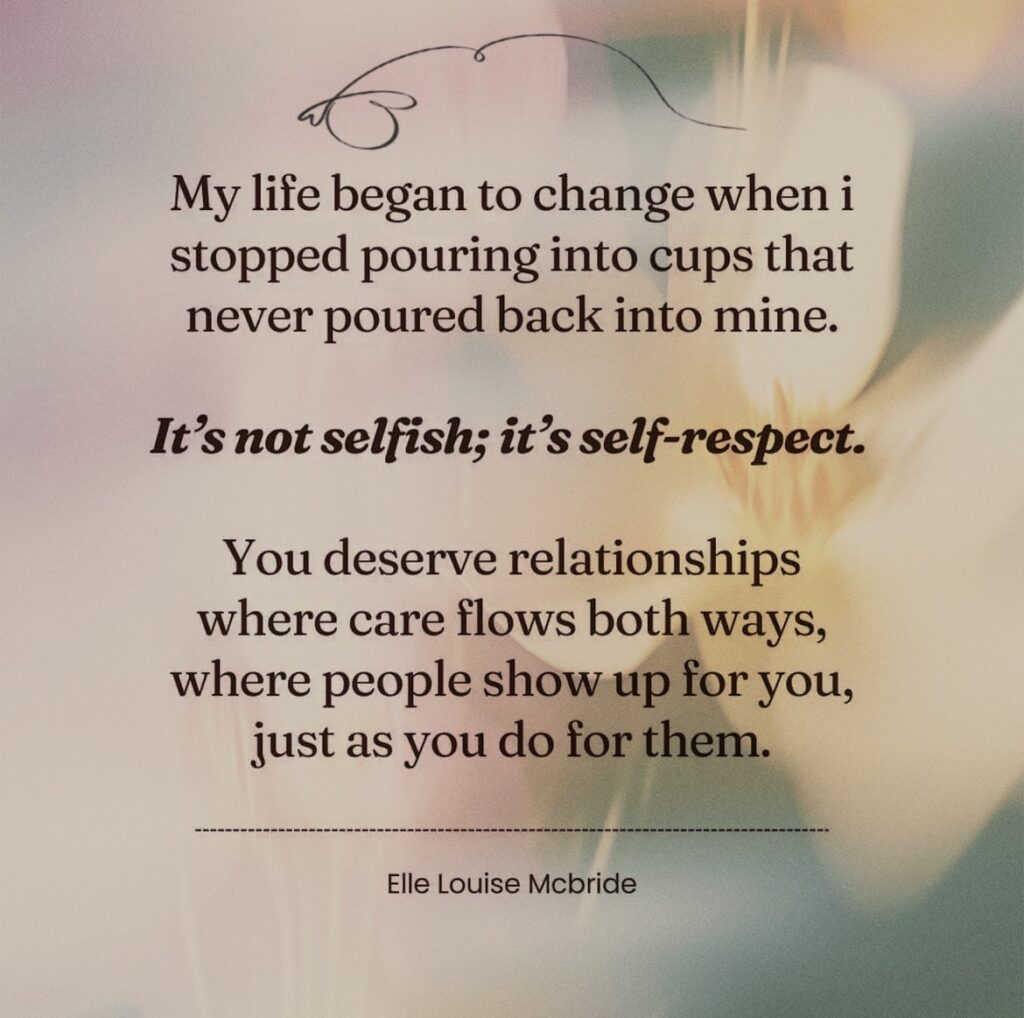
It wasn’t until my healing journey began that the imbalances became harder to ignore and I became more motivated to shift them. I started noticing how my body would feel when a relationship was draining my energy, when I was giving more than I was receiving. My body showed me signs: tired, heavy, burdened, anxious. I started noticing when I would feel slighted: conversations cut short, plans changed or canceled, messages unreturned, emotional support withheld. An inner angst formed… one where I knew I was worthy of better.
In my previous unconscious and unaware state, I had settled for these inconsiderate behaviors. In friendships. In family relationships. In romantic partnerships. Perhaps I didn’t believe I deserved more. But healing taught me I was.
Healing became my pathway to reclaiming my personal power and my self-worth. It helped me overcome outdated and unhealthy patterns of relating that formerly kept me stuck in cycles of resentment and dissatisfaction. Where I used to accept breadcrumbs, I began asking for more. Where I used to stay quiet to keep the peace, I began voicing my needs. Where I used to tolerate repeated disrespect, I began setting boundaries or limiting access.
Very quickly I learned who was willing and able to rise to meet me.
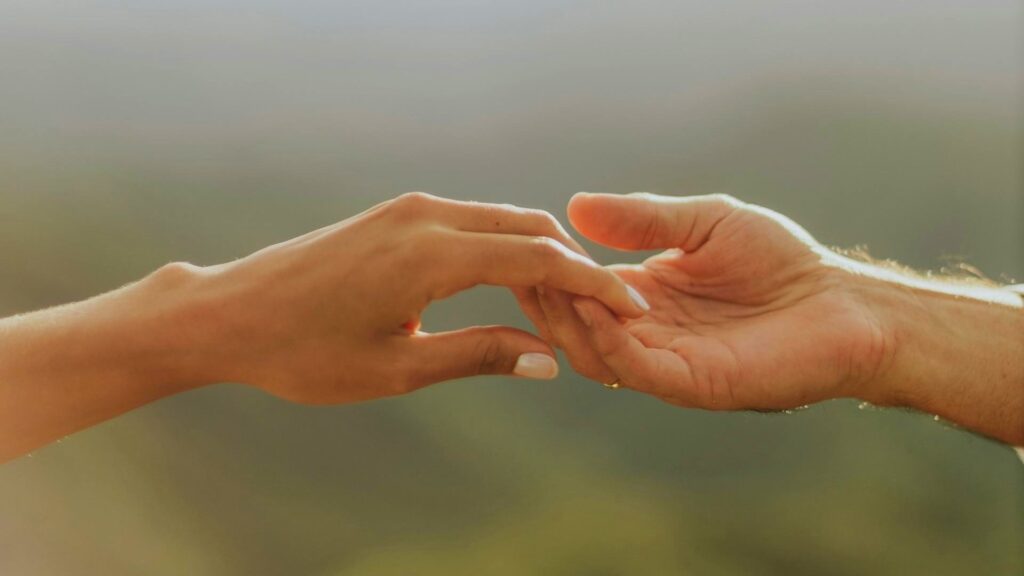
While I am still in the process of undoing old relational patterns and learning to be better, allow me to share the following checklist I have developed over time, which can assist you in evaluating the health and return on investment of your relationships. I hope you find it helpful
This is not relationship advice; rather, it is a self-assessment tool that you can use to make informed decisions about who you share your time and energy with and to what degree.
Relationship Assessment Checklist √
Ask yourself: do your relationships meet these criteria?
1. Your Needs Are Being Met
First, take a moment to consider what basic needs you have for your relationships. Oftentimes, these needs are based on things we didn’t receive as children. If, for example, you grew up in a household where there was a lack of safety, stability, or emotional support, then you most likely will require these needs in your relationships. You will desire friendships, family relationships, and romantic partnerships that help you feel safe and supported and that also demonstrate consistency and reliability.
When someone repeatedly fails to meet our basic needs in a relationship, especially when we have made them clear, we are left feeling abandoned, rejected, and highly dissatisfied. Staying in relationships for prolonged periods of time with unmet needs wears on our mental, physical, and emotional well being. We can lose or gain weight, experience stress and emotional triggers, or see changes in our vitality and energy levels. We suffer, and the relationship suffers as well. Little by little, both will deteriorate until eventually there is some kind of collapse.
Use your body’s cues to determine the health of the relationship and whether or not it serves you to continue investing in the relationship.
2. The Other Person Matches Your Energy and Effort
Second, a relationship that is aligned is one where your energy and effort is matched. Especially if you have gone through a major life transformation or personal growth journey, you will find that your standards and your non-negotiables in relationships change. Your new-found depth, self-awareness, and level of self-worth and self-respect will require more out of people. You will seek others who consider and acknowledge the gifts you bring to the table. You will seek others who put in the same kind of effort and energy to the relationship that you do and who can meet you where you’re at.
This can mean that if you always go out of your way to show people you care, you check on them to see if they are okay, you genuinely listen, and you show up to support them, your friend, family member, or romantic partner will do the same. It can mean that if you make an effort to always follow through on your word, the other person will do the same. The relationship offers an equal give and take and no one in left feeling depleted or undervalued. Your cup will feel full, because the other person is pouring into it and they are showing you through their actions that they value you.
Observe people’s energy and effort and learn to pull back your energy in relationships where there is an imbalance.

3. You Feel Seen, Heard, and Understood
Next, a healthy relationship will validate your feelings and hold space for you to be fully seen and heard. This doesn’t mean that we will always agree with the other person or see eye-to-eye. It doesn’t mean that there won’t be misunderstandings. But it does mean that our feelings matter. Our dreams and desires matter. Our well being matters. What is written on our hearts matters. The other person will provide a safe space for us to be. He/she will be curious and respectful of what we have to share.
You will feel as if you can show up in the relationship without having to hide any parts of yourself. Even the ugly ones. You can express your feelings and your needs freely, without fear of rejection, anger, or abandonment. There will be a sense that the other person genuinely wants to understand and receive you, even if it means having to humble themselves or admit that they were wrong. Even if it means having tough conversations.The focus is on connecting and repairing, as a way to preserve the health of the relationship and the individual, not each person’s ego.
4. Your Boundaries Are Respected
Additionally, a healthy relationship comes with healthy boundaries. Both parties in the relationship will need to establish what feels safe and comfortable for them, in addition to what they need and desire from the other person. Boundaries are a healthy way to communicate what is and is not acceptable in a relationship, but also what our limits are. A person who genuinely cares for and respects you will honor your boundaries. He/she will understand that boundaries are not implemented to keep them out, rather they exist to protect your well being and your peace.
Someone who struggles to honor your boundaries most likely struggles with boundaries themselves.They may cross your boundaries as a form of manipulation or as a form of power and control. Or, sometimes they do so unintentionally. Pay close attention to how a boundary is received after it is communicated. Also pay attention to how often you have to re-communicate that boundary. It can be exhausting to be in relationships with people who are not very self-aware, who don’t possess emotional intelligence, or who simply lack consideration and respect. Your inner guidance system will tell you if the person is pushing up against your boundaries in a disrespectful way and whether or not they deserve access to your energy.
In a healthy relationship, the other person will respect your need for space, for safety, for transparency, etc., without guilt-tripping you into lowering your boundaries.
5. The Relationship Nourishes You
Lastly, the whole reason we enter into relationships is because of what they can offer us in return. Not in a selfish way, but in a mutually beneficial and supportive way. A relationship that is worth our investment should nourish our mind, body, and spirit. It should bring us peace, safety, connection, love, and affection, among other things. It should also stimulate us mentally, help us grow spiritually and personally, and in general enhance our life. A relationship that feels flat, disconnected, or superficial is not going to nourish us the way we need. It is going to leave our cup feeling empty.
If you are noticing that your relationship no longer nourishes you or brings you fulfillment, it may be time to explore what needs to shift. Are both parties equally invested? Is an effort being made to connect and spend quality time together? Is the relationship helping you grow, become a better person, or lifting you up? Are you able to be yourself with this person and do you sincerely enjoy their company?
These are some questions to ask yourself. Only you know what feels nourishing to you. Staying in a relationship for the sake of comfort, familiarity, or family ties, is not necessarily nourishing. Perhaps it is practical, but does it feed your soul?

Notice in which relationships you may be experiencing the absence of these criteria. Notice how you feel in relationships where these criteria are not present. Remember, you deserve to be in relationships where your needs are prioritized and where they matter to the other person. You deserve to be in relationships where you feel safe, secure, and fully met. Give your time and energy to people who revitalize you and help you feel seen and understood. Give your time and energy to people who respect your boundaries and are emotionally prepared for a meaningful connection. Blood ties or longevity of a relationship mean nothing about its quality.
Letting go of a friend or a loved one is not an act of resentment; it is an act of grace. You can care about someone and see the good qualities in them but still not receive what you need. You can want a relationship with someone but observe that they are incapable of forming a healthy relationship. You can be closely connected with someone for a period of time and later grow apart. Setting them free is not only an act of self-love, it is also an act of love for the other person. You are saying, “I see that our time together has reached its end, and I wish you well to go find that which will bring you peace.”
After all, we are all on our own personal journey to find happiness and fulfillment. It is our gift to ourselves, and also to others, to follow the path that leads to the greatest alignment and joy.
This life is short. It is a precious gift.
There is no time to waste on people and things that don’t serve us well.
May your heart lead you to the places where you feel most loved and alive.
Where you can be fully and freely yourself, held and supported.
Wishing you all the best. ♥
©2025 Divine Soul Guidance
Recommended Resources:
- Maslow’s Hierarchy of Needs:
https://www.cnn.com/world/maslows-hierarchy-of-needs-explained-wellness-cec/index.html
- Be Consciously Transactional: Why Every Relationship is Transactional
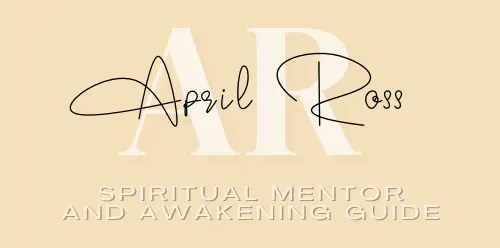

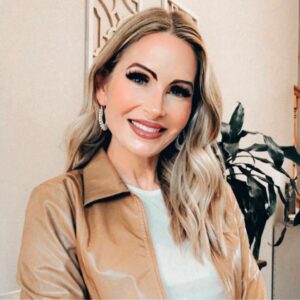 orker, and spiritual mentor who guides others on their awakening journey to heal from unhealthy patterns and behaviors, free themselves from the past, and step into becoming their most authentic, aligned selves. She is the author of Bravely Becoming © 2021 and the course creator of Soul Awakened, a step-by-step guide to navigating the awakening process.
orker, and spiritual mentor who guides others on their awakening journey to heal from unhealthy patterns and behaviors, free themselves from the past, and step into becoming their most authentic, aligned selves. She is the author of Bravely Becoming © 2021 and the course creator of Soul Awakened, a step-by-step guide to navigating the awakening process.